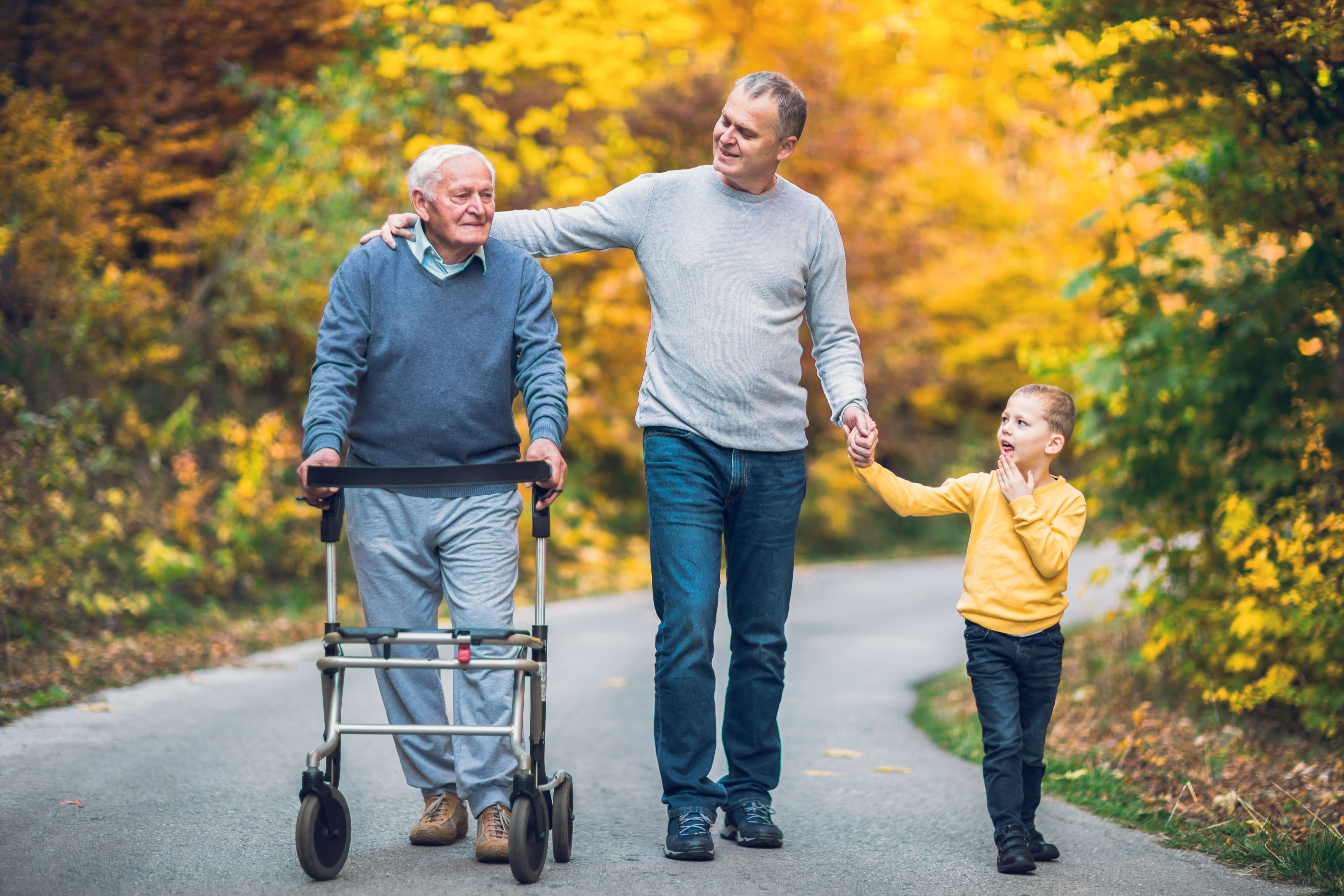You matter, too.
That’s the message organizations like Emmanuel Hospice tries to convey to friends and family members caught up in a whirlwind of challenges that come with caring for a loved one who is sick or dying.
“Patients are our main focus,” says Ashley Huisman, a social worker for seven years who serves as bereavement manager at Emmanuel. “But at the same time, we’re there for family members as well, reminding them that as they work to care for someone, they need to acknowledge that they have rights and responsibilities, too. To eat well. Sleep enough. Take care of themselves.”
Huisman likens it to the instructions flight attendants provide passengers when they emphasize that if masks drop from the ceiling, it’s important for adults to put theirs on first, and then help any children in need.
“The same thing holds true of caregivers,” she says. “They need to be healthy first in order to administer to others.”
As part of a resource tool kit Emmanuel provides, Huisman hands out a “Caregiver Bill of Rights” to those who find themselves feeling “run down or run over” by the effects of stress that comes with aiding a loved one.
“It says I have the right to take care of myself, to be angry or depressed, to express virtually any emotion as part of the process,” she explains. “They need to remind themselves that it’s often natural to become sad or frustrated, and that those aren’t the only feelings that come into play.”
Huisman notes that it’s not uncommon for a caregiver to feel satisfied and accomplished in the morning, only to have things disintegrate later when a patient lashes out, creating a “caregiver roller-coaster” that amps up the stress level.
“It can go back and forth quickly,” says Huisman, “prompting some caregivers to move from confident to ‘I don’t know if I can do this for another minute.”
Huisman offers these tips to those serving as caregivers:
- Keep a journal of what works, what doesn’t and ways that seem to decrease anxiety
- Don’t go it alone; reach out to professionals for advice
- Attend group sessions and workshops to lessen the load and discover coping strategies
She also recommends tapping into a free, secure website like BeRemembered.com, which offers advice on everything from advanced directives to funeral options to how to write your life story. It can serve as a fluid tool to help deal with day-to-day stressors.
Finally, Huisman encourages caregivers to understand the concept of “anticipatory grief,” which acknowledges the profound sadness that can surface well before someone passes.
“Grief doesn’t always happen after someone dies,” she says. “It can occur before as well, so we’re here to help caregivers anticipate what’s to come.”
Bottom line: Be good to yourself so you can be at your very best in the role as caregiver.
“You need to affirm your own self-worth and value,” says Huisman. “You’re a person, too, and you matter.”
